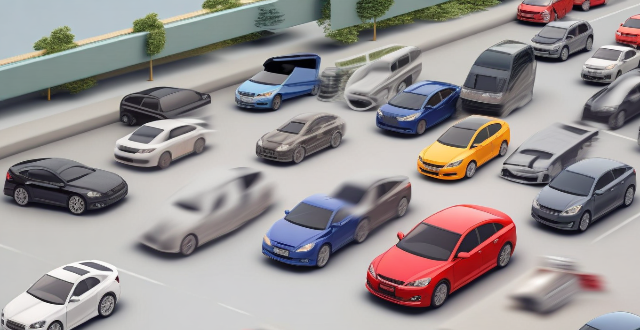Electric cars and gasoline cars can be compared using the same tests, but differences in power source, acceleration, range, efficiency, and maintenance costs must be considered. Tests should measure metrics such as acceleration from a standing start and during high-speed driving, distance traveled before needing to recharge or refuel, fuel economy and energy consumption under various driving conditions, and cost of regular maintenance items. By considering these factors, we can make informed decisions about which type of vehicle best suits our needs.

Is it Possible to Compare the Performance of Electric Cars and Gasoline Cars Using the Same Tests?
Yes, it is possible to compare the performance of electric cars and gasoline cars using the same tests. However, there are some differences in the way these two types of vehicles operate that need to be considered when designing such tests. Here are some key factors to consider:
Power Source
Electric cars rely on batteries for power, while gasoline cars use an internal combustion engine. This means that the energy density and efficiency of each power source will be different. To accurately compare their performance, tests should focus on metrics that take into account these differences.
Acceleration
Acceleration is a crucial aspect of vehicle performance. While electric cars can deliver instant torque and quick acceleration, gasoline cars may have a higher top speed. Tests should measure acceleration from a standing start and during high-speed driving to compare the two types of vehicles.
Range
Range is another important factor to consider when comparing electric and gasoline cars. Electric cars typically have a shorter range than gasoline cars, but this is rapidly changing as battery technology improves. Tests should measure the distance each vehicle can travel before needing to recharge or refuel.
Efficiency
Efficiency is a critical metric for both electric and gasoline cars. Electric cars tend to be more efficient overall due to their lack of emissions and lower energy consumption per mile. However, gasoline cars can be more efficient at highway speeds. Tests should measure fuel economy and energy consumption under various driving conditions.
Maintenance Costs
Maintenance costs are an essential consideration when comparing electric and gasoline cars. Electric cars generally require less maintenance than gasoline cars since they have fewer moving parts. Tests should take into account the cost of regular maintenance items like brake pads, tires, and windshield wipers.
In conclusion, it is possible to compare the performance of electric cars and gasoline cars using the same tests. However, it is essential to consider the unique characteristics of each type of vehicle and design tests that accurately measure their strengths and weaknesses. By focusing on metrics like acceleration, range, efficiency, and maintenance costs, we can make informed decisions about which type of vehicle best suits our needs.